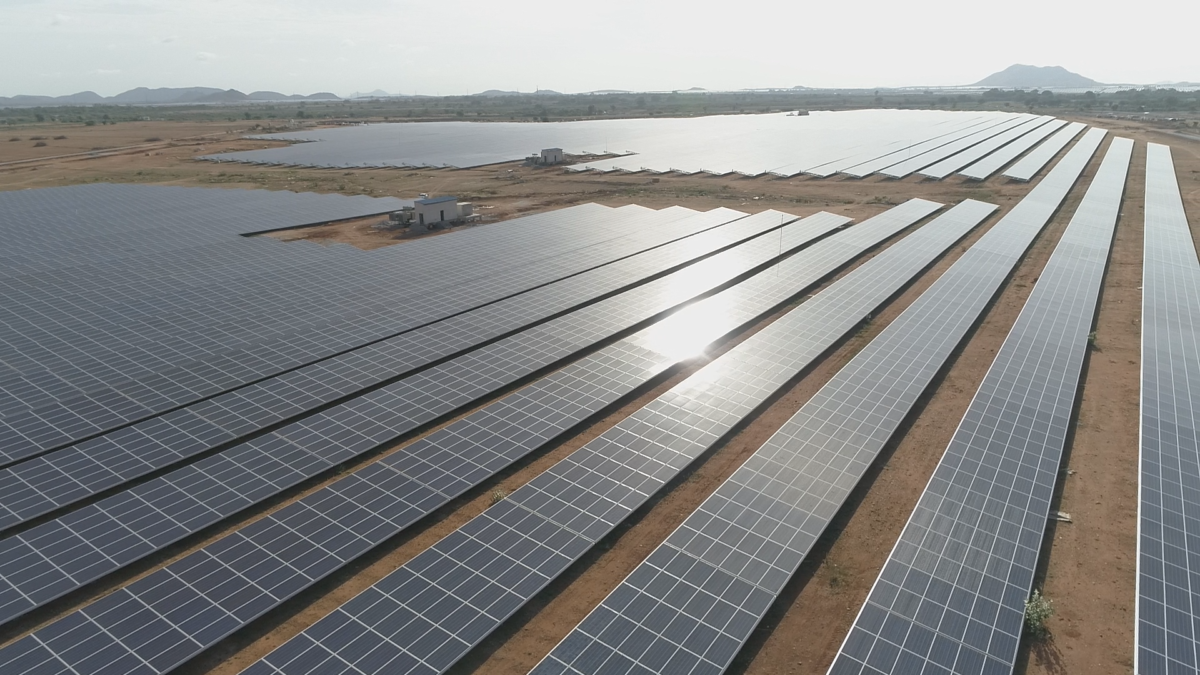India’s renewable energy subsidies fell 35% from FY17 to FY19, while its oil and gas subsidies increased by 65%–according to a new study by the International Institute for Sustainable Development (IISD) and the Council on Energy, Environment and Water (CEEW).
The report finds subsidies to renewable energy went from a high of Rs 15,313 crore in FY2017 to Rs 9,930 crore in FY2019. At the same time, government subsidies for oil and gas went up from Rs 40,762 crore in FY2017 to Rs 67,679 crore in FY2019.
How the government tackles the COVID-19 crisis and economic recovery will be crucial to determining future trends in the energy sector, experts said in the report.
Opportunity post Covid
The study emphasises that the health and economic crisis caused by Covid-19 will influence subsidy expenditure. The crash in world oil prices and the government’s economic stimulus packages will be key factors shaping the energy sector in the upcoming months.
“Rising oil prices and initiatives to promote clean cooking were the main drivers of growing support to fossil fuels since FY2017,” said study co-author Vibhuti Garg of IISD.
“After the Covid-19 crisis, petroleum product subsidies will undoubtedly fall significantly in 2020 and other energy markets will be shaken. Fossil fuels are already being taxed more to help plug holes in revenue. Government stimulus needs to first help people cope, but stimulus for the energy sector must avoid new fossil fuel subsidies that lock in air pollution and greenhouse gas emissions for years to come,” she added.
The authors of the report note that there were already signs that support for renewable energy would increase again, but with the shocks from Covid-19 it is now critical to stay on track.
“Policy decisions such as the solar safeguard duty and tariff caps on auctions meant that there was a slow-down in new capacity addition and as a result lower state subsidy outgo as well,” added Karthik Ganesan, CEEW.
“Before the current crisis, a number of new, large clean energy subsidies were announced, like KUSUM, Phase II of Rooftop Solar, and FAME-II. Resources post-Covid-19 will see an unprecedented crunch. It presents a good opportunity for the government to rein in specific fossil fuel subsidies while creating more fiscal room for promoting renewables and other welfare schemes.”
Suggestions
The report flags that coal subsidies are one opportunity for reform. Estimated at Rs 15,456 crore in FY2019, they have remained largely unchanged for the past six years. The researchers emphasize that the combined costs of subsidies and the social impacts of coal—such as premature loss of life and lost work days from air pollution and greenhouse gas emissions (GHGs)—significantly outweigh government revenues from coal taxes and surcharges paid to Indian Railways.
Another focus for reform highlighted by the study is the large share of subsidies going to electricity transmission and distribution. Government support for this sector amounting to Rs 79,671 in FY2019 and should be better targeted to providing help to those who need it most. The experts underline that, to date, large bailouts for the sector have been ineffective at reducing the magnitude of these subsidies.
The report further finds that one of the smallest recipients for subsidies was the electric vehicles sector.Although subsidies for electric cars have grown over 11 times since FY2017, researchers note that continuing to raise ambition on clean transport will be important to meet India’s targets for 30% of new vehicle sales to be electric by 2030.
This content is protected by copyright and may not be reused. If you want to cooperate with us and would like to reuse some of our content, please contact: editors@pv-magazine.com.









By submitting this form you agree to pv magazine using your data for the purposes of publishing your comment.
Your personal data will only be disclosed or otherwise transmitted to third parties for the purposes of spam filtering or if this is necessary for technical maintenance of the website. Any other transfer to third parties will not take place unless this is justified on the basis of applicable data protection regulations or if pv magazine is legally obliged to do so.
You may revoke this consent at any time with effect for the future, in which case your personal data will be deleted immediately. Otherwise, your data will be deleted if pv magazine has processed your request or the purpose of data storage is fulfilled.
Further information on data privacy can be found in our Data Protection Policy.